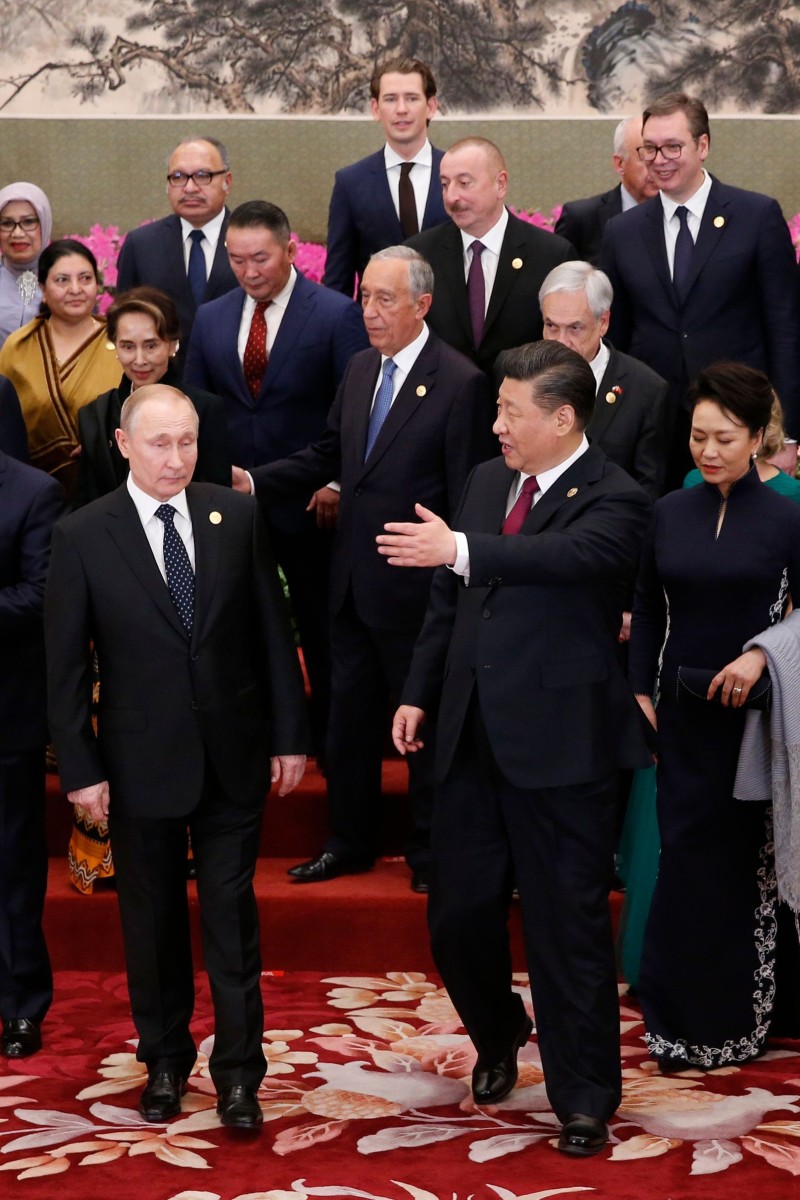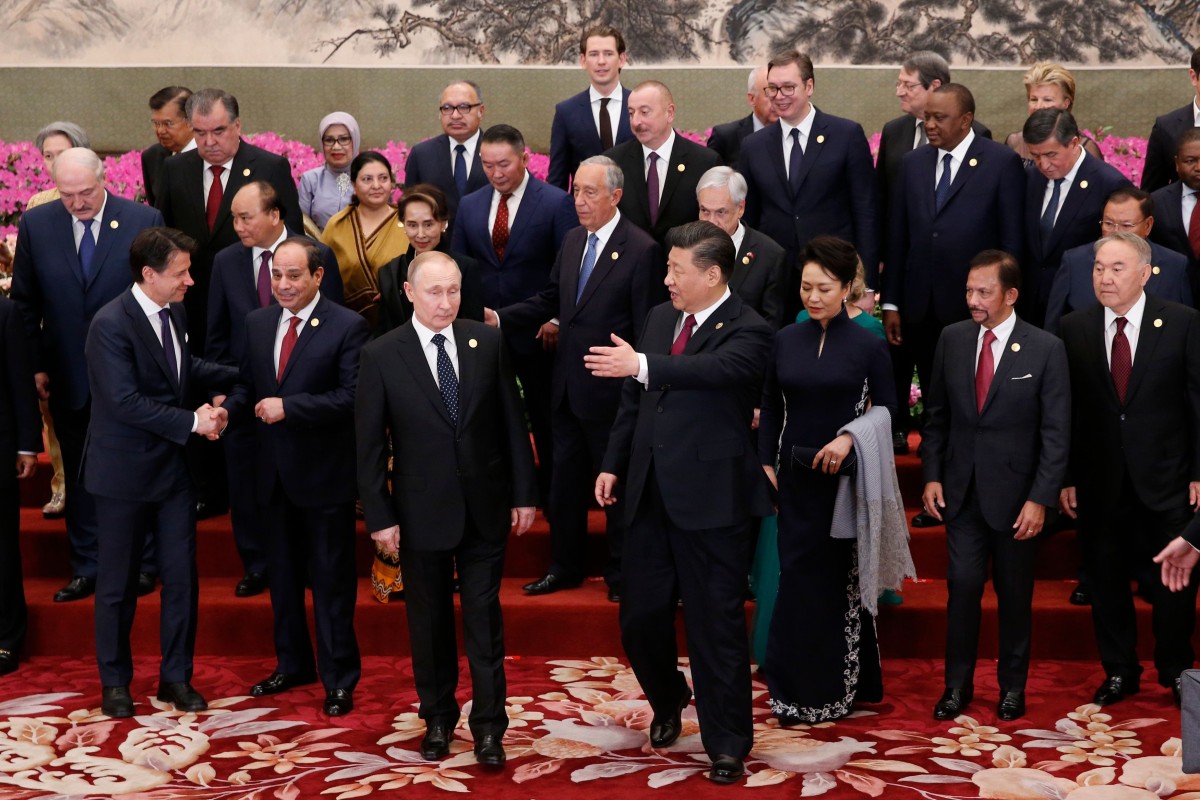
China’s rise: Helping hand or economic imperialism?
China has gained a lot of influence in many countries because of the 'One Belt, One Road' initiative
 China's diplomatic and economic efforts across Asia and Africa have increased her global influence.
China's diplomatic and economic efforts across Asia and Africa have increased her global influence.In the past, strong Western powers, such as Britain, France, and Spain, gained influence through setting up colonies, and controlling trade routes around the world. European colonial powers had conquered 80 per cent of the world from the 16th to 19th century. These are examples of European imperialism.
The United States also installed puppet governments in Central American countries and built infrastructure, like the Panama Canal, to gain influence in these places. However, the importance of imperialism has declined since the setting up of the United Nations, which opposes colonialism.
However, if you look closely, a new kind of imperialism is slowly creeping into our lives. It is the “One Belt, One Road” project launched by China. On the surface, it looks like the mainland is being a good guy, building infrastructure and sharing resources with developing countries. However, it’s actually a sugar-coated plan for expansion. The countries have to bear huge debts, which they often cannot afford. Also, they are forced to lease land to the mainland, which is often used for building military bases and naval ports.
Through this plan, China has gained huge influence in many countries, especially in Africa. “One Belt, One Road” countries are essentially Chinese protectorates: Their infrastructure is sponsored and managed by Chinese enterprises, and they rely on China for their defence. If one of those countries’ relationship with China worsens, the mainland can shut down the infrastructure, halt the investments, and stop supporting its defence. Then the country would be annihilated in a moment’s notice. This is, in fact, a new kind of imperialism.
Sean Pang, Tsuen Wan Public Ho Chuen Yiu Memorial College
From the Editor
Thank you for your interesting observation, Sean. I think it would be safe to say that throughout history, powers have risen, grown into empires, and then retreated. This is not unique to Western powers; they are only the most recent to have done so. In fact, many of the so-called developing countries have had empires of their own in the past.
One of the greatest issues with empire building has been the massive cost of life, as nations don’t wish to be colonised, and so usually resist.
So, a power rising without bloodshed is quite a new idea. The countries to which China is lending money and offering infrastructure can refuse if they wish. And yes, while the whole venture can end badly, it could also give those nations a chance to improve.
Susan, Editor